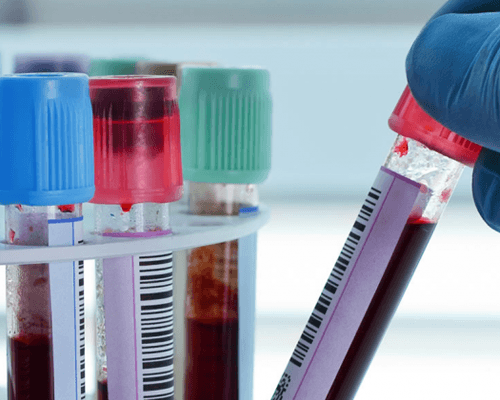Clinical Pathology & Biochemistry
What is chemical pathology?
Chemical pathology (also known as clinical biochemistry) involves the biochemical investigation of bodily fluids such as blood, urine and cerebrospinal fluid. By discovering how and where the body's chemistry has changed, diseases can be diagnosed and monitored.
Many illnesses are reflected in a disturbance in the body’s chemistry. Chemical pathology brings together science and medicine. By understanding the chemistry of bodily fluids and monitoring these, laboratory professionals can tell whether a patient’s organs are working properly, diagnose diseases and recommend treatment. For example high glucose levels in blood may be a sign of diabetes.
Glucose is a sugar that provides fuel for the body. The blood glucose level is regulated by the hormone, insulin. If the body doesn’t produce enough insulin, diabetes may develop. Diabetes can cause eye and kidney disease, and can cause blood vessels to narrow, resulting in heart disease and poor circulation. Some women develop diabetes during pregnancy.

